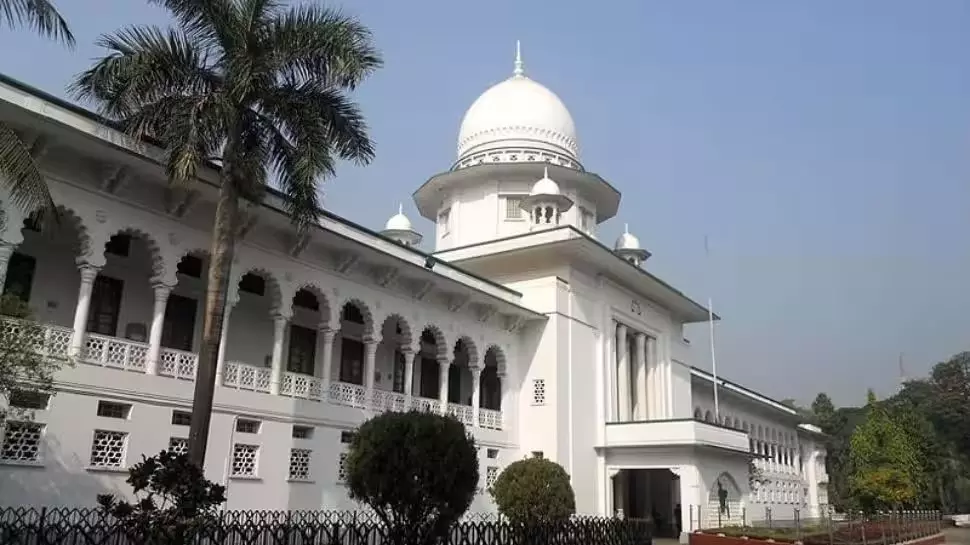
Bangladesh SC reinstates Jamaat-e-Islami’s registration as political party
text_fieldsDhaka: In a highly contentious decision, the Supreme Court of Bangladesh has ordered the reinstatement of Jamaat-e-Islami’s registration as a political party, overturning a prior High Court ruling that had declared the party’s registration illegal. The top court directed the Election Commission (EC) to implement this order without delay but withheld any instruction concerning the party’s electoral symbol, the “scales,” leaving that matter to the EC’s discretion.
The verdict was delivered by a four-member Appellate Bench headed by Chief Justice Syed Refaat Ahmed, as reported by The Dhaka Tribune. This ruling follows closely on the heels of the Supreme Court’s acquittal of Jamaat leader ATM Azharul Islam, who had been sentenced to death by the International Crimes Tribunal (ICT) for crimes against humanity committed during Bangladesh’s 1971 Liberation War. The charges against Islam included the killing of 1,256 people, the abduction of 17, and the rape of 13 women in the Rangpur region during the conflict.
Jamaat-e-Islami’s struggle to regain political status dates back to August 1, 2013, when the High Court declared its registration illegal in response to a writ petition. The Election Commission then formally cancelled the party’s registration through a gazette notification in December 2018. Jamaat appealed this High Court verdict, but the Appellate Division dismissed the appeal in November 2023 due to the absence of the party’s lead counsel, leaving the High Court’s order in place until now.
The party’s legal revival came in the aftermath of last year’s violent mass uprising that led to the ouster of the Awami League government, headed by Sheikh Hasina. Following this upheaval, Jamaat filed a fresh petition to revive its appeal and regain its registration as a political party. In October, the Appellate Division accepted Jamaat’s petition, paving the way for the Supreme Court’s recent ruling.
The interim government led by Muhammad Yunus, which took power after the fall of the Awami League, had previously lifted the ban on Jamaat and its student wing, Islami Chhatra Shibir, through a gazette notification. These groups had been declared illegal under the Anti-Terrorism Act of 2009 by the previous administration.
Notably, Jamaat-e-Islami and its affiliates played a significant role in the student-led protests that precipitated the downfall of Sheikh Hasina’s democratically elected government.
With IANS inputs






